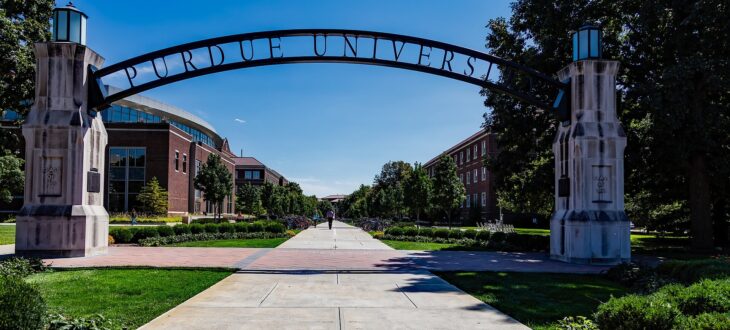It has been argued that high rates of education are essential for countries to be able to achieve high levels of economic growth. Empirical analyses tend to support the theoretical prediction that poor countries should…
Economics of education


It has been argued that high rates of education are essential for countries to be able to achieve high levels of economic growth. Empirical analyses tend to support the theoretical prediction that poor countries should…

Educational psychology is the study of how humans learn in educational settings, the effectiveness of educational interventions, the psychology of teaching, and the social psychology of schools as organizations. Although the terms "educational psychology" and…

Education began in prehistory, as adults trained the young in the knowledge and skills deemed necessary in their society. In pre-literate societies this was achieved orally and through imitation. Story-telling passed knowledge, values, and skills…

Literacy is thought to have first emerged with the development of numeracy and computational devices as early as 8,000 BCE. Script developed independently at least four times in human history in Mesopotamia, Egypt, lowland Mesoamerica,…

Literacy is traditionally understood as the ability to read, write, and use arithmetic. The modern term's meaning has been expanded to include the ability to use language, numbers, images, computers, and other basic means to…

One type of university education is a liberal arts education, which can be defined as a “college or university curriculum aimed at imparting broad general knowledge and developing general intellectual capacities, in contrast to a…

Formal education occurs in a structured environment whose explicit purpose is teaching students. Usually, formal education takes place in a school environment with classrooms of multiple students learning together with a trained, certified teacher of…

Educational psychology is the study of how humans learn in educational settings, the effectiveness of educational interventions, the psychology of teaching, and the social psychology of schools as organizations. Although the terms “educational psychology” and…

It has been argued that high rates of education are essential for countries to be able to achieve high levels of economic growth. Empirical analyses tend to support the theoretical prediction that poor countries should…

In most contemporary educational systems of the world, secondary education comprises the formal education that occurs during adolescence. It is characterized by transition from the typically compulsory, comprehensive primary education for minors, to the optional,…